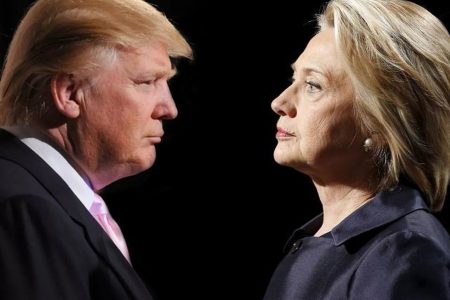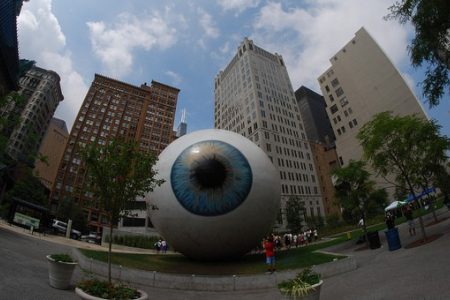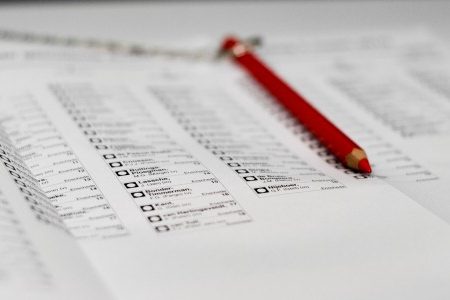How we vote
Although we like to think that our vote is solely the outcome of rational deliberation, research demonstrates the various influences on our political preferences. Even the language that is used might impact our ideological leanings.
What determines our political preferences?
Election time is fast approaching; March 19th is when the ballot boxes are opened and we will be electing new municipal councils. What determines our political preferences? Given the multitude of political parties to choose from, specific voting outcomes in the Netherlands are especially hard to predict. However, there has been much social and political psychological research on the psychological underpinnings of and contextual influences on people’s general ideological inclinations.
Most of this work has focused on the antecedents of political conservatism, an ideological belief system that is associated with right-wing politics and that is thought to provide a sense of security, order, and certainty. People have been found more inclined to adopt politically conservative beliefs when they harbor certain personality characteristics (e.g., low openness to new experiences and a high need for order and structure) or when they face circumstances that elicit feelings of threat or uncertainty. Less is known, however, about what conditions might foster more liberal, or leftist, attitudes.
Connectedness and political orientation
In recent work, Jaime Napier, John Dovidio and I aimed to fill this gap in the literature. We examined how feelings of connectedness affect political orientations, and ultimately concern for universal welfare. We reasoned that, as left-wing ideologies tend to emphasize societal connectedness, liberalism might be related to a perception of dependence between different groups in society. Right-wing ideologies, on the other hand, tend to emphasize personal connectedness, or dependence on others within one’s group. Hence, we hypothesized that perceiving dependence between groups in society would be related to liberalism, and perceiving dependence on other group members to conservatism.
The results of a first study in which 87 participants completed a survey confirmed this idea. We found that a sense of societal connectedness (i.e., dependence between groups) was associated with political liberalism and, in turn, with support for human rights. Perceiving personal connectedness (i.e., dependence on other group members), on the other hand, was found to be related to political conservatism.
Political preferences change by sense of dependence
In a second study we directly manipulated the perception of societal connectedness. To do so, we asked 223 participants to read a short story and then write down all personal pronouns they found in the story. For half of the participants, the story included first-person singular pronouns (e.g., I, me, my), whereas for the other half it included first-person plural pronouns (e.g., we, us, our). We then measured participants’ political ideology and support for human rights. Participants who had copied the plural personal pronouns that emphasized the collective perceived greater societal connectedness, and as a result indicated being more liberal and more supportive of human rights, than participants who had copied the singular personal pronouns that emphasized the individual.
Thus, a simple variation in the task affected participants’ ideological leanings and policy support, suggesting that political preferences may be less stable than is often thought. Taken together, the findings from these two studies suggest that instilling a sense of dependence between different groups in society leads people to see themselves as more liberal and fosters their concern for universal welfare.
Message of collectiveness will favor Left
What do these research findings imply for this week’s Municipal Council elections? We already know that the media can have a profound influence on people’s voting behavior. They may swing voters by what they do and do not cover, and by their endorsement of one political candidate or party over another. The research described here suggests that the media may not only influence election results through what they write but also through how they write it. Emphasizing the connectedness between different groups of city residents should affect people’s liberal inclinations, and even framing a message in collective rather than individual terms could enhance their support for the left.





